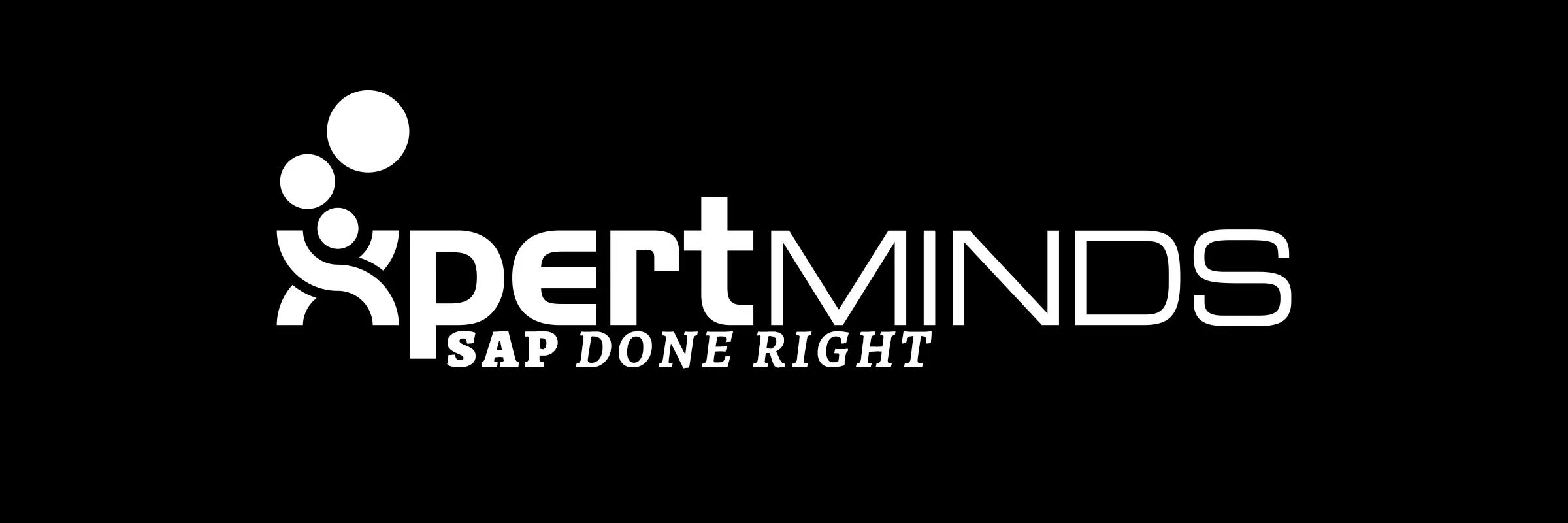As I was reading Mike Cohn’s “Agile Estimating and Planning” for the last couple of days, I’ve taken some notes that I thought were worth sharing and discussing. The later sections of the book really focus on the technical aspects of agile planning, such as using points for estimation, planning poker, release planning, etc, all of which I was already fairly familiar with. For me, most of the interesting observations were in the first half of Mike’s book where estimating and planning is discussed in broader terms and contrasted with counter-part approaches in waterfall project management. Here are some interesting statistics that Mike quotes from other studies that have been conducted around technology project management:
2/3 of projects significantly overrun their cost estimates
Lederer and Prasad 1992
Average project exceeds its schedule by 100%
Standish 2001
64% of features included in products are rarely or never used
Johnson 2002
The last quote is especially appealing to me. How many times have you heard “we absolutely must have this functionality” in an SAP project? Custom transactions, reports, additional fields, you name it. All created under the “must have” slogan but never to be used after the actual go-live. This in turn leads to longer implementation times and cost. Considering that most SAP projects cost millions of dollars to complete, just imagine how much less effort and expenditure is needed to implement SAP if you can slash 64% of the go-live requirements.
For me as an integration manager and overall solution architect in an SAP implementation the answer is always “do less”. In many ways, this is at the very core of agile principles – continuously imposing constraints on what is actively being worked on and re-evaluating the priority of backlog features on an ongoing and frequent basis. In an agile team we always welcome feedback, including changes and additions to scope, but we also always limit the work in progress to promote focus and increase velocity. The two are not mutually exclusive, in fact they are complementary.
One of the best explanations I’ve seen on why imposing constraints leads to better results (in this case creativity) is done by Jack White from “The White Stripes” band. Check out this video on YouTube. It is definitely worth the 4 minutes.

